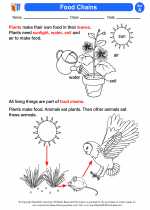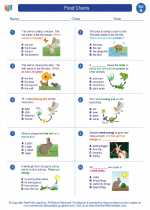Bladder
The bladder is a hollow, muscular organ in the pelvis that stores urine before it is expelled from the body. It is a part of the urinary system, which also includes the kidneys, ureters, and urethra. The bladder expands as it fills with urine and contracts to release the urine through the urethra.
Anatomy of the Bladder
The bladder is located in the lower abdomen, behind the pubic bone. It is made up of smooth muscle tissue called the detrusor muscle, which allows the bladder to expand and contract. The bladder is lined with transitional epithelium, which allows it to stretch as it fills with urine.
Function of the Bladder
The main function of the bladder is to store urine until it is convenient to release it. When the bladder is full, it sends signals to the brain, and the brain then signals the muscles of the bladder to contract and the sphincter muscles to relax, allowing urine to be expelled from the body.
Common Bladder Problems
There are several common bladder problems that can affect the normal functioning of the bladder, including urinary incontinence (inability to control urination), urinary retention (inability to empty the bladder completely), and urinary tract infections. These problems can be caused by various factors, including age, childbirth, neurological conditions, and certain medications.
Study Guide
- What is the main function of the bladder?
- Where is the bladder located in the body?
- What type of muscle tissue makes up the bladder?
- What is the lining of the bladder called?
- List one common bladder problem and its potential causes.
◂Science Worksheets and Study Guides First Grade. Food Chains

 Activity Lesson
Activity Lesson
 Worksheet/Answer key
Worksheet/Answer key
 Worksheet/Answer key
Worksheet/Answer key
 Worksheet/Answer key
Worksheet/Answer key
 Worksheet/Answer key
Worksheet/Answer key
 Vocabulary/Answer key
Vocabulary/Answer key
 Vocabulary/Answer key
Vocabulary/Answer key
